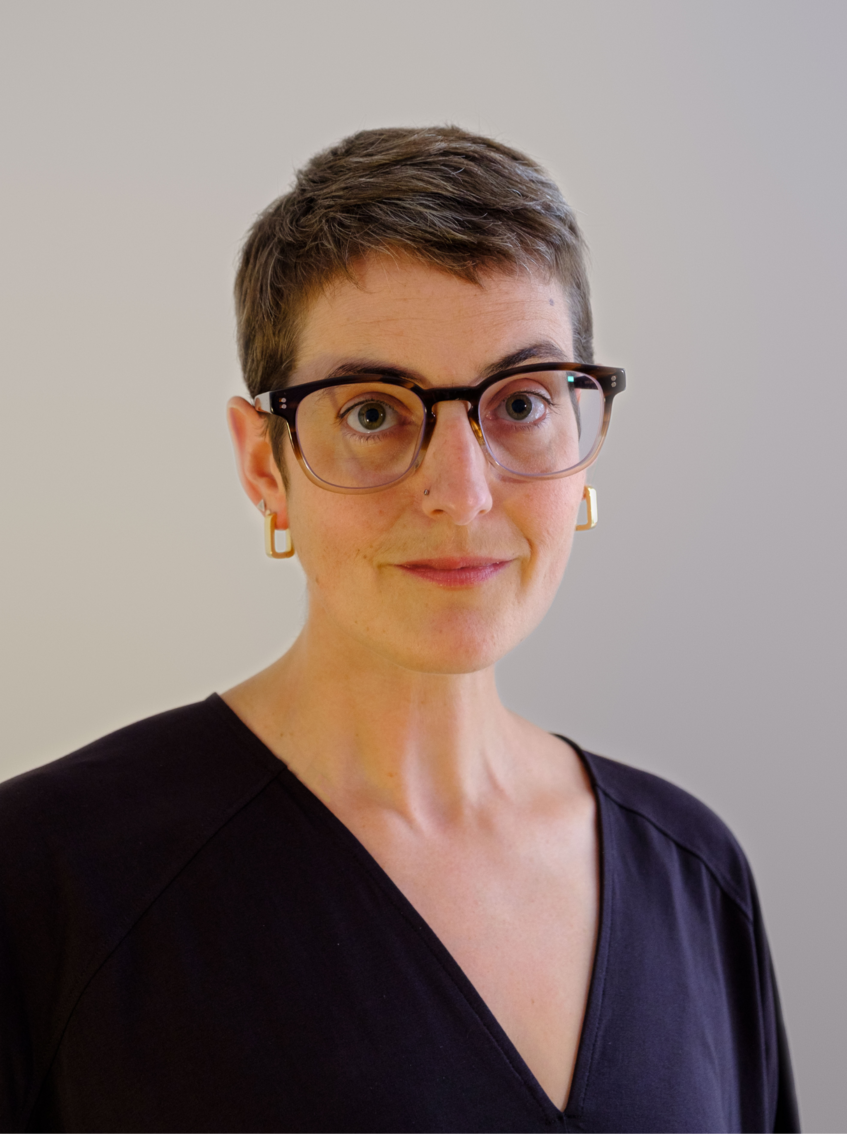Univ.-Prof. Sarah Davies, BSc MSc PhD
Biography
I am Professor of Technosciences, Materiality, & Digital Cultures at the Department of Science and Technology Studies. My work explores how science and society are co-produced – how society defines the conditions of scientific research, and how science is present in wider society. The ‘red thread’ of the digital and digitisation runs throughout. I have written about hackers and hackerspaces, how scientists experience the conditions of contemporary academia, and science communication formats such as science festivals or museums.
My PhD (2008) was carried out at Imperial College London. Since then my career has been highly international: I have worked in the UK, US, Denmark (as a Marie Curie International Incoming Fellow, before becoming associate professor) and Norway. I have published a number of books, including Science Societies (2024, BUP), Exploring Science Communication (2020, SAGE, with Ulrike Felt) Hackerspaces (2017, Polity), and Science Communication: Culture, Identity, and Citizenship (2016, Palgrave, with Maja Horst).
My inaugural lecture ('Knowing through digital practices; Or, How to be an academic’) was held on 7 December 2022. You can find the text and video at the following links: Video & Full text.
Current Research Interests
My current work focuses on how relationships between science, technology, and society are mediated through and shaped by digital tools, spaces, and technologies. Specifically, my group and I study the digital as material practice, in diverse sites where science and technology are created and negotiated. My work is thus fundamentally concerned with how technoscientific knowledge is created, communicated, and contested through digital tools, platforms, and technologies, and with the impacts that this is having on forms of life in different settings. It makes both theoretical and empirical contributions, with a focus on exploring diverse material contexts in which digital tools come to matter to knowledge production and dissemination.
More generally I am interested in:
- The contemporary conditions of academic work and knowledge production;
- Digitisation within scientific knowledge production, including the co-production of digital technologies and academic work and mundane use of digital tools;
- Critical studies of science communication, public engagement with science (including activism and protest), and amateur science;
- Public interactions with digitised science and technology, including science on social media, subversion and negotiation of 'datafication', and data subjectivities.

